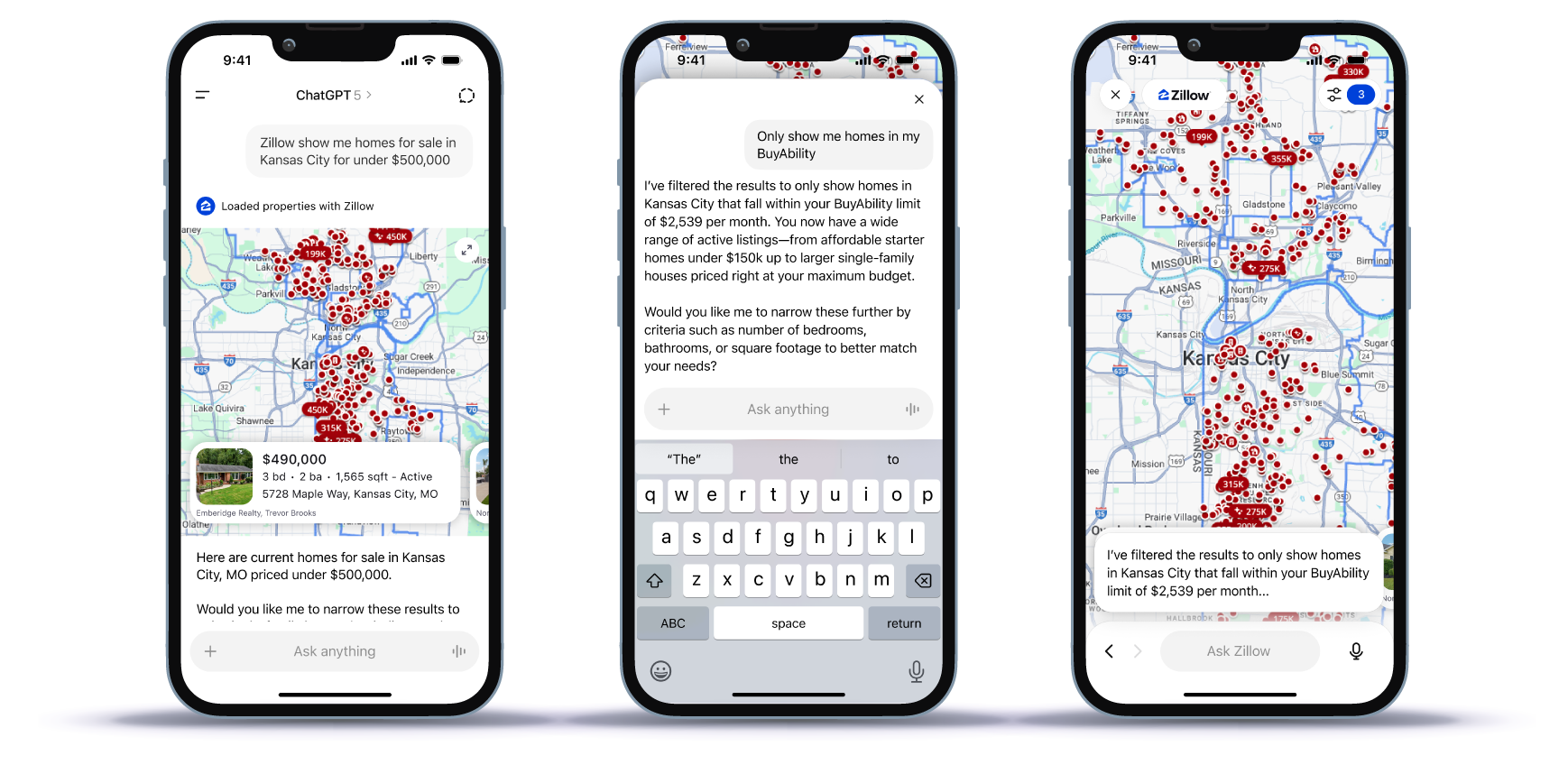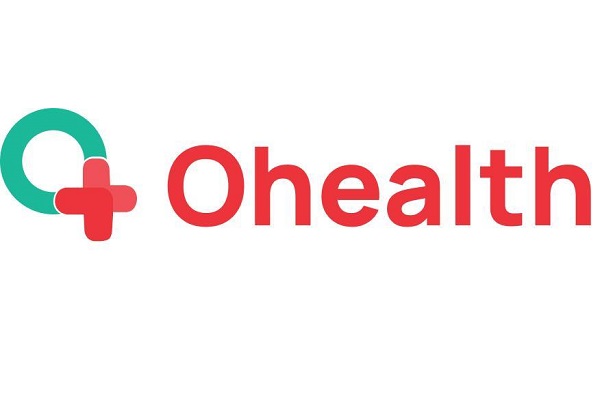Copyright forbes

Maryland has invested in digital services to improve citizen access to its state parks Universal Images Group via Getty Images Could a New York-based start-up help the US to improve the notoriously patchy quality of digital services across local and national government? Kaizen, which is today unveiling a $21 million funding round backed by high-profile investors including Andreessen Horowitz and Accel, says its solutions can help the country modernise its resident services at last. It’s quite the challenge. The provision of basic citizen services – from access to leisure and recreation facilities to the purchase of tickets for public transport – is an area where the advent of e-commerce should make people’s lives simpler and more straightforward. Yet this opportunity is being routinely missed. A recent EY study found many agencies aren’t even getting the basics right, with only 39% of state and local and 43% of federal respondents viewing digital accessibility as a top priority. It shouldn’t be this way. At the federal level, the US has even legislated for improved digital services – the bipartisan 21st Century Integrated Digital Experience Act, passed in 2018, requires federal agencies to update websites and digital services to make them more user-friendly, secure and efficient. However, a report published last year by the Government Accountability Office warned federal agencies were failing to achieve these goals – they have yet to address almost half of the requirements in the legislation, the GAO warned. “American citizens have been worn down into accepting second-class solutions when it comes to public service technology,” says Nikhil Reddy, co-founder and CEO of Kaizen. He blames the lack of interest in the public sector from technology entrepreneurs and innovators, who have instead targeted industries they regard as more lucrative. That has left digital modernisation in the hands of large technology businesses that have attempted to build new services one by one, often depending on legacy systems never designed to support digitalisation. Kaizen takes a different approach, offering a configurable platform on which governments and agencies can build multiple commerce and purchasing services for their communities, white labelling each new initiative as their own. Since the business launched at the beginning of 2024, Kaizen’s customer base has grown quickly and now spans 50 agencies across 17 states. The company is now targeting federal agencies and other quasi-public sector organisations as it seeks to accelerate growth. MORE FOR YOU Reddy points to an initiative in Maryland, where the start-up launched a new day-pass system for state parks in less than 60 days, as typifying what Kaizen hopes to achieve. The initiative eliminated jams of traffic queuing to buy tickets at the gate and saw visitor satisfaction ratings increase dramatically. “This initiative is one of the most meaningful changes we’ve implemented to expand and safeguard public access while ensuring equitable access to our public lands,” says Paul Peditto, assistant secretary of land resources at Maryland’s Department of Natural Resources. Such successes have seen Kaizen’s revenues grow 10-fold over the past year, with the existing team of 30 employees set to grow to 50 over the next few months. The Trump administration’s recent launch of the National Design Studio, a $10 billion initiative to modernise digital services at hundreds of federal agencies – and headed by Airbnb co-founder Joe Gebbia – potentially provides huge new opportunities. Naturally, that will prompt increased competition from technology providers and user experience specialists keen to win federal contracts. But Kaizen is confident its track record in the space provides it with a head start. “The key thing about selling to government is that your biggest advocate is government itself,” adds Reddy. “Your existing customers are critical to make those connections.” Additional funding will help Kaizen build on these foundations, with today’s Series A round taking the total amount of money raised by the company to $35 million. The round is led by NEA with participation from 776, Accel, Andreessen Horowitz and Carpenter Capital. It follows a seed round co-led by Accel and Andreessen Horowitz’s American Dynamism practice. “Public services impact hundreds of millions of people every day in the US alone, yet their technologies often lag far behind the seamless digital experiences modern consumers expect,” says NEA partner Andrew Schoen of the opportunity. At Andreessen Horowitz, general partner Katherine Boyle adds: “Kaizen is focused on the most fundamental American services that we use every day – the parks, transit, licensing, the everyday systems that quietly hold our communities together and that clarity of mission has accelerated their growth.” Editorial StandardsReprints & Permissions



